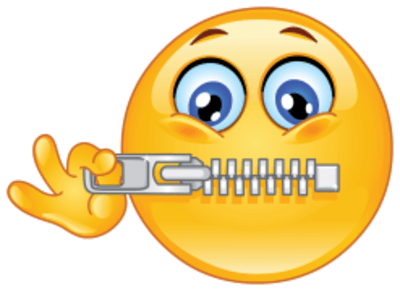Henry has been caught stealing cattle, and is brought into town for justice. The judge is his ex-wife Gretchen, who wants to show him some sympathy, but the law clearly calls for two shots to be taken at Henry from close range. To make things a little better for Henry, Gretchen tells him she will place two bullets into a six-chambered revolver in successive order. She will spin the chamber, close it, and take one shot. If Henry is still alive, she will then either take another shot, or spin the chamber again before shooting.
Henry is a bit incredulous that his own ex-wife would carry out the punishment, and a bit sad that she was always such a rule follower. He steels himself as Gretchen loads the chambers, spins the revolver, and pulls the trigger. Whew! It was blank. Then Gretchen asks, 'Do you want me to pull the trigger again, or should I spin the chamber a second time before pulling the trigger?'
What should Henry choose?

Henry should have Gretchen pull the trigger again without spinning.
We know that the first chamber Gretchen fired was one of the four empty chambers. Since the bullets were placed in consecutive order, one of the empty chambers is followed by a bullet, and the other three empty chambers are followed by another empty chamber. So if Henry has Gretchen pull the trigger again, the probability that a bullet will be fired is 1/4.
If Gretchen spins the chamber again, the probability that she shoots Henry would be 2/6, or 1/3, since there are two possible bullets that would be in firing position out of the six possible chambers that would be in position.


